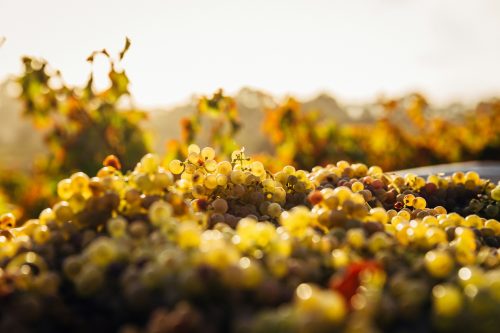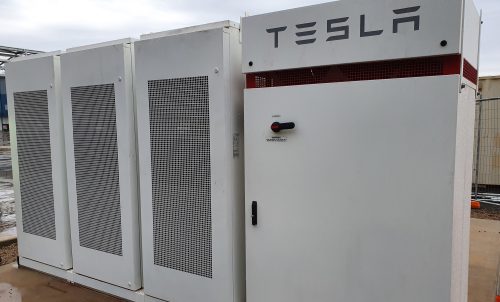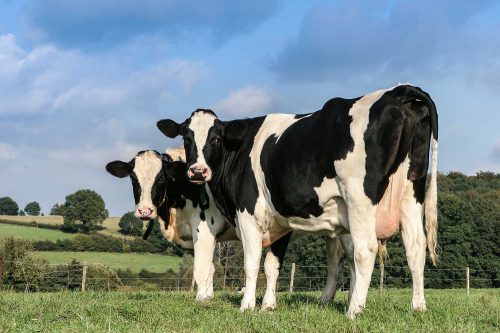Australia’s processed food industry is a powerhouse, valued at an estimated $78 billion annually, according to a report by Freight Australia. The sector is vital not just economically but also for ensuring food security across the nation.
Increasing pressure to meet Environmental, Social, and Governance (ESG) outcomes is reshaping the way businesses approach energy use in processing, storage, and logistics. But with fluctuating energy prices and the need for a reliable power supply, the challenge is immense. This is where renewables come into play, providing a means to reduce costs, ensure energy security, and bolster sustainability credentials.
Here, we explore five food-focused companies that are embracing renewables to cut costs and strengthen their energy security.
Fresh Freight: Using renewables for energy security in food transport
Fresh Freight is one of six freight brands under Chas Kelly Transport, a major logistics group established by Chas Kelly, who began his journey with a single truck in 1979. Over the past four decades, the business has expanded significantly. Today, Chas Kelly Transport employs over 850 people and operates a fleet of 300 trucks and 750 trailers, supporting a key supply chain from Tasmania to the mainland.
This year, Fresh Freight began its sustainability journey by installing solar aiming to cut energy costs and bolster energy security. With solar now generating up to 30% of its energy needs, the business expects to achieve overall grid savings of up to 36.4%, enhancing its resilience against energy price fluctuations and supply disruptions.
AustCo Polar Storage: Protection against high energy costs and supply outages
Faced with rising energy costs and high demand charges, AustCo Polar Cold Storage, a major player in refrigerated storage, sought a way to displace grid-sourced electricity and protect itself from potential supply outages. In collaboration with Acacia Energy, the company implemented a comprehensive renewable energy solution that has significantly enhanced their energy security.
The installation included a 450kW solar PV system and a 545kVA backup generator, coupled with a new main switchboard. Through this configuration, AustCo has achieved a staggering 57% reduction in energy costs. By using Acacia Energy’s Generation Services, the system autonomously controls the generator to optimise energy usage, avoiding critical peak demand charges and providing automated supply security during network outages. The investment not only secures a reliable energy supply but also opened up new revenue streams, making AustCo a leader in sustainable cold storage.
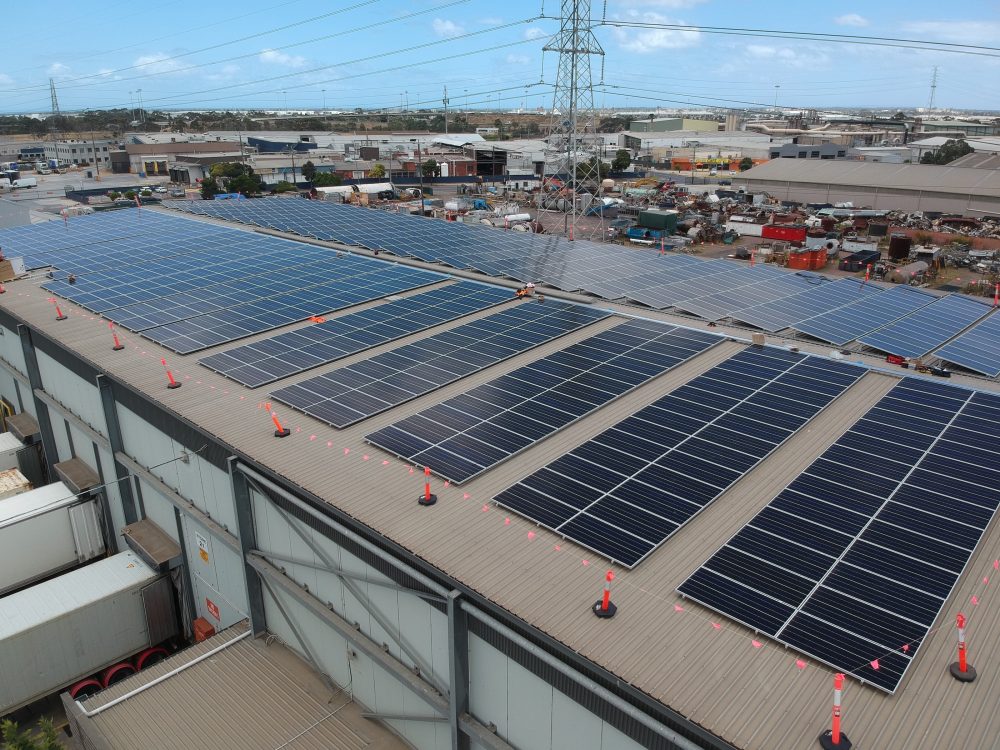
Fonterra: A dairy giant committed to sustainable energy security
Fonterra, one of the largest dairy processors in Australia and New Zealand, has set ambitious sustainability goals, targeting a 30% reduction in carbon emissions by 2030 compared to its 2017/18 levels. Fonterra’s challenge was to reduce emissions without compromising its extensive operations across four key Victorian sites: Stanhope, Cobden, Darnum Park, and Campbellfield.
After extensive consultation, Acacia Energy recommended a combination of large-scale solar installations to meet these targets. The proposal included a 10MW ground-mounted solar system at Darnum, 4.8MW at Stanhope, and various smaller systems totalling over 17MW across their sites. This renewable solution not only pushed Fonterra well past its initial 30% target—reaching a 38% reduction—but also delivered a combined lifetime savings of over $79 million. Fonterra is considering its next steps in this journey but by investing in these renewable projects, the company is moving towards securing energy security and driving progress towards its net-zero aspirations.
Koala Cherries: Powering production with sustainable energy solutions
Koala Cherries has deep roots in Australian farming, tracing its origins back to 1944 when Reginald and Mary Rouget first established a cherry, berry, and stone fruit orchard in the lush Yarra Valley. Initially known as ‘R.J. Rouget and Sons,’ the business was a true family venture, with their sons John, Max, and Brian joining the farm straight out of school. By the late 1980s, in search of a more suitable climate for cherry growing, the family relocated operations to Yarck, a north central Victorian town surrounded by native bushland and a thriving koala population. This move marked the birth of Koala Cherries, setting the stage for the company’s future growth and success.
In 2023 Koala Cherries embarked on a major upgrade of their packaging facility to prepare for increased supply as new farms mature. The upgrade required a new transformer, new main switchboard and increase in the backup generation capacity to the site. Acacia Energy has provided an innovative solution whereby it owns and operates the generators at the site, providing backup power and peak shave power to Koala Cherries whilst operating these generators as peaking plant in the Victorian electricity spot market.
This approach delivered Koala Cherries the energy security required for its operations as well as a solution to mitigate seasonal network demand charges without having to invest capital in the generation assets.
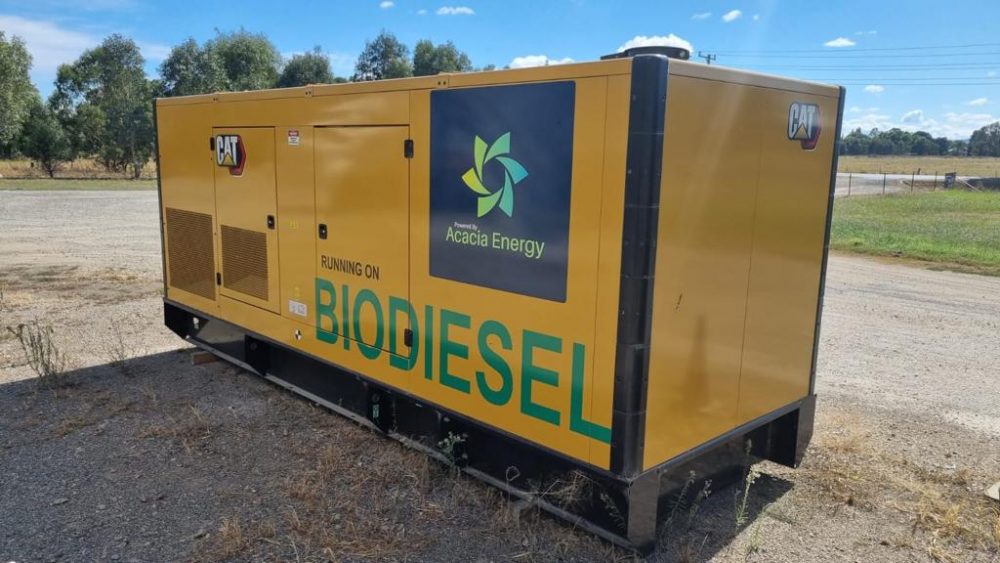
Central Agri Group: Harnessing solar power to secure energy in meat processing
Central Agri Group, one of Australia’s premier fully integrated beef operations, were looking to protect themselves against rising energy costs by integrating an 800kW Solar PV system at the Victoria Valley Meats site in Trafalgar.
This renewable energy project not only allows livestock to graze while generating power but is also projected to offset 753 tons of CO2-e annually, contributing to the business’ commitment to sustainability and responsible environmental stewardship.
By covering 32% of its energy needs through self-consumed solar power, the company anticipates a year one net cashflow benefit of over $144,000, and long-term savings of $1.517 million over ten years.
This initiative enhances operational resilience while ensuring a steady energy supply for meat processing, providing energy security and sustainability that doesn’t cost the earth.
Ensuring energy security: Why renewables matter for the food sector
The integration of renewables into food storage and freight logistics is not merely about reducing carbon footprints; it’s about securing energy security in a volatile market. The cost of grid electricity in Australia is prone to fluctuations, while outages can disrupt the supply chain and spoil valuable products. By adopting renewables, businesses can mitigate these risks, lower operational costs, and enhance their ESG credentials.
For companies like Fresh Freight, AustCo Polar Storage, and Central Agri Group, investing in solar, biodiesel, and battery systems has proven to be both an environmentally sound and economically viable choice. These solutions not only cut carbon emissions but also provide a stable energy supply, ensuring that these businesses can continue to operate smoothly even during peak demand periods or grid disruptions.
These 5 businesses are leading by example, showcasing how strategic renewable investments can drive down costs, secure energy, and ultimately, keep food on the plates of Australians.
